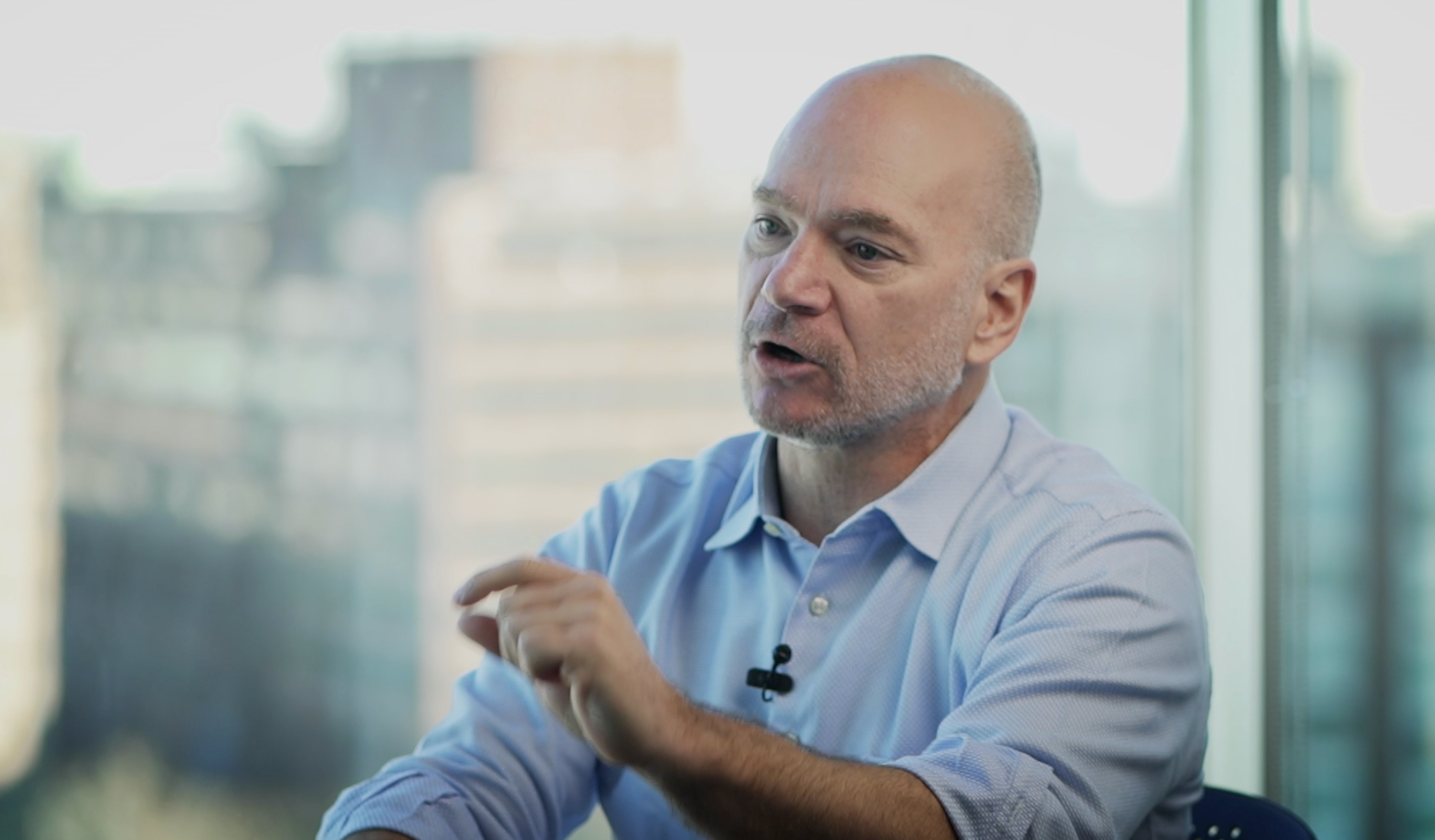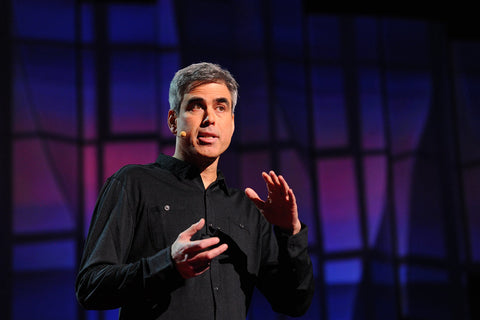Ep 6. Wendy Carlin
By Ariel Airey-Lee

Wendy is Professor of Economics at University College London and Research Fellow of the Centre for Economic Policy Research. Her research focuses on macroeconomics, institutions and economic performance, the economics of transition, and economic knowledge and education -as such Wendy is leading an international project - the CORE project - which has the exceptionally ambitious aim to reform the entire undergraduate economics curriculum. She is a member of the Expert Advisory Panel of the UK's Office for Budget Responsibility. She has co-authored three macroeconomics books: and In 2015, she was awarded a CBE for services to economics and public finance.
You should know Wendy is very interested in how we think about the economy and public policy, not only in an academic environment, but also in the everyday vernacular by which people talk about their livelihoods and futures.
I suspect after Covid-19 there will be a great sorting, a sort of dividing line - BC and AD if you will - and there are some ideas and thus some organizations will wither and others will prosper. There are questions we need to ask ourselves - among them - Are there ideas that can make sense of what seems to be an emerging economic paradigm - one post covid that is less individualistic, less based on the conception of humans as perfect rational actors, one that sees more opportunities for collaboration between entities such as governments, private enterprise and communities, entities that previously were deemed antagonistic or irrelevant to one another. As organizational people - we need to ask ourselves what is this new paradigm, what are its properties, its narrative, its function, and how does it allow us to build better organizations, including companies, countries, communities and a better more flourishing civil society.
We have no better guide than Wendy Carlin





